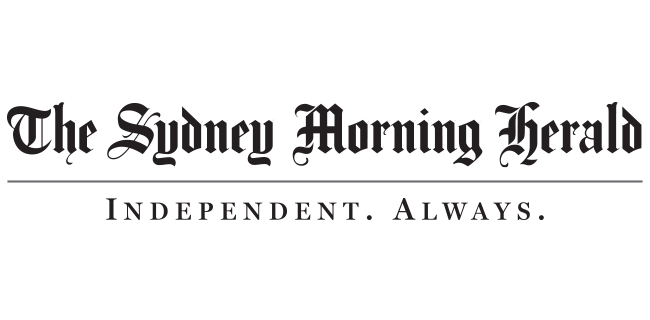Chau Chak Wing wins defamation case against The Sydney Morning Herald and The Age, papers to appeal
Nine’s The Sydney Morning Herald will appeal the verdict in the Chau Chak Wing defamation trial, after the court found the title had defamed the Chinese-Australian billionaire.
This afternoon The Federal Court’s Justice Michael Wigney ruled Fairfax Media, now owned by Nine, had defamed Chau and awarded the businessman $280,000 in damages.
The ruling was made in relation to a 2015 article by former Asia-Pacific editor, John Garnaut, which suggested Chau had bribed a former United National president.
Justice Wigney’s ruling is separate to Chau’s case against The Age’s investigative reporter, Nick McKenzie, and the ABC, which Chau argued portrayed him as a Chinese spy who had betrayed Australia and served the interests of the Chinese Community Party.
In his ruling, Justice Wigney said Fairfax Media and Garnaut had not taken reasonable steps to ensure imputations of guilt were not conveyed.
Today, a spokesperson for The Sydney Morning Herald and The Age said it would appeal the decision, after it failed to defend its claims of statutory qualified privilege.
“We are disappointed that the judge did not uphold our public interest defence, which was the only one available to us under Australian defamation law, and was not persuaded by our evidence,” the spokesperson said.
“John Garnaut is a careful, meticulous, Walkley award-winning journalist who is globally recognised for his China expertise.
“Within the current defamation regime, both The Sydney Morning Herald and The Age remain committed to the role of public interest journalism. We source and check all our stories vigorously and take great pride in our role to inform the community debate.”
Garnaut remains adamant he reported the story fairly, responsibly and in the public interest.
“I place great store in my personal integrity and professional credibility. I took great care in compiling this story, building on six years of close observation,” Garnaut said.
The Media Entertainment and Arts Alliance , said the decision showed the urgent need for an overhaul of Australia’s defamation laws.
MEAA Media federal president Marcus Strom said: “MEAA members believe that this decision is the latest in several cases involving defamation actions against experienced, responsible journalists reporting on matters the public has a right to know about. Journalists must be able to fulfil their duty to the communities they serve.
“The defamation system is stacked against Australian journalists. It makes their job of shining a light into public interest matters all the more difficult,” he said.
Following the ruling, the chair of Parliament’s intelligence and security committee, Andrew Hastie, expressed concerns about the impact of defamation law.
Parliamentary Joint Committee on Intelligence and Security Chair Andrew Hastie has issued a statement following the judgement released today on the defamation case brought by Chau Chak Wing against Fairfax over an article by John Garnault. pic.twitter.com/WRCWoH2Qkh
— Australian House of Representatives (@AboutTheHouse) February 22, 2019
“This judgement will be carefully analysed,” Hastie said. “Generally speaking, we are concerned about the impact that defamation laws in Australia are having on responsible journalism that informs Australians about important national security issues.”




